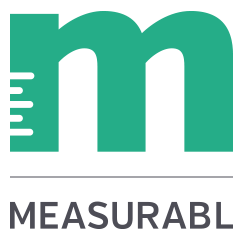Report: Step 1 of 3 in Sustainability Best Practice

Our last column laid out a three step training regimen for sustainability best practice as the antidote to confusion, disappointing results, and expensive consultants: 1) Report, 2) Assess, 3) Improve. This column focuses on Step 1. We’ll look at the rationale behind reporting sustainability information, the various reporting outlets and how to choose the one right for you, and the best process for drafting your report.
GETTING IN SHAPE IS TOUGH, WHY BOTHER?
One of the main reasons companies don’t disclose sustainability information is because it’s hard. Deciphering jargon (“Scope 2 Emissions”, “Organizational Boundary”), coordinating schedules with busy colleagues, and taking time away from money-making responsibilities to file a report of dubious value – no thanks! These are common excuses. But they’re excuses just the same. Let’s address them in turn.
Excuse #1: “Jargon is prohibitive”. The truth is jargon is a function of understanding. So just like any executive understands “accrual” and “ROE”, fluency in “carbon footprint” or “life cycle assessment” should be part of their standard lexicon. After all, they’re just measures of business performance like any other.
Excuse #2: “We’re too busy”. When it comes to coordinating with colleagues, part of the value proposition of sustainability is that it breaks down organizational silos and provides a common denominator of organizational performance. Coordinating with colleagues to extract better and more meaningful information from an organization is time worth making.
Excuse #3: “Reporting isn’t valuable”. Sustainability reporting should be held in the same esteem as financial reporting. It’s the pulse of an organization – a lens into historical performance as well as an indicator of future potential. In fact, sustainability data is often referred to as “non-financial” data and like financial data, it’s immensely valuable. Smart investors and strategists like Goldman Sachs, Deutsche Bank and PwC opine at length on the correlation between sustainability performance and financial health, so the idea that sustainability data is immaterial or worthless has been lain to rest by some of the smartest researchers and investors in the world.

